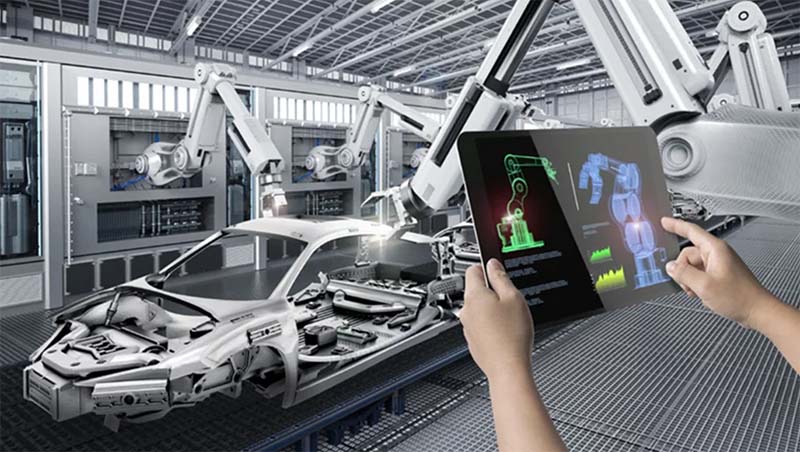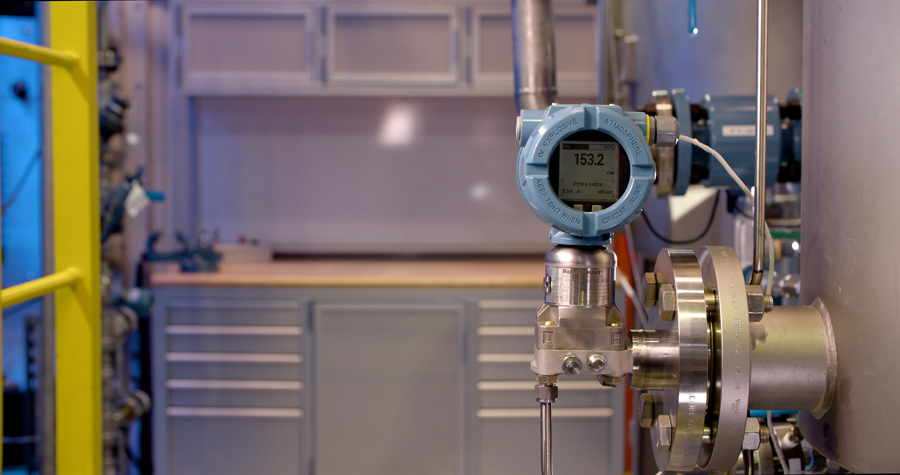Fieldbus technologies are digital communication networks that are used in industrial automation systems to connect control devices such as sensors and actuators, they have many advantages over traditional analog communication networks, but also have challenges such as interoperability, security, cost and training that must be addressed in order to ensure effective use of the technology.

Fieldbus technologies are digital communication networks used in industrial automation systems to connect control devices such as sensors and actuators.
These networks are used to transmit process control and diagnostic information between devices, as well as to control and monitor the operation of these devices. The use of fieldbus technologies has become increasingly popular in recent years as a way to improve the efficiency and reliability of industrial automation systems.
Types of Fieldbus Technologies
There are several different types of fieldbus technologies currently in use, including:
Foundation Fieldbus: This is a digital fieldbus standard developed by the Fieldbus Foundation, which is an international organization dedicated to the development and promotion of fieldbus technologies. Foundation Fieldbus is a high-speed, two-way digital communication network that is used to connect control devices in industrial automation systems.
Profibus: Profibus is a digital fieldbus standard developed by the German company Siemens. It is widely used in industrial automation systems, and is particularly popular in Europe. Profibus is a high-speed, two-way digital communication network that is used to connect control devices in industrial automation systems.
Modbus: Modbus is a digital fieldbus standard developed by the Modicon Corporation (now part of Schneider Electric). It is widely used in industrial automation systems, and is particularly popular in North America. Modbus is a simple, two-way digital communication network that is used to connect control devices in industrial automation systems.
DeviceNet: DeviceNet is a digital fieldbus standard developed by Allen-Bradley (now part of Rockwell Automation). It is widely used in industrial automation systems, and is particularly popular in North America. DeviceNet is a simple, two-way digital communication network that is used to connect control devices in industrial automation systems.
Advantages of Fieldbus Technologies
Fieldbus technologies have several advantages over traditional analog communication networks, including:
Improved efficiency: Fieldbus technologies allow for the real-time monitoring and control of industrial automation systems, which can lead to improved efficiency and productivity.
Increased reliability: Fieldbus technologies are more reliable than traditional analog communication networks, as they are less prone to noise and interference.
Reduced wiring costs: Fieldbus technologies allow for the use of fewer wires, which can lead to significant cost savings.
Easier maintenance: Fieldbus technologies allow for the remote monitoring and diagnosis of industrial automation systems, which can make maintenance easier and less costly.
Challenges of Fieldbus Technologies
Despite the many advantages of fieldbus technologies, there are also some challenges that must be addressed in order to ensure that these networks are used effectively:
Interoperability: One of the biggest challenges of fieldbus technologies is ensuring that different devices and systems are able to communicate with one another effectively.
Security: Fieldbus technologies have been developed with little or no security features, which can make them vulnerable to hacking and other types of cyber attacks.
Cost: Fieldbus technologies can be expensive to implement, particularly in older industrial automation systems.
Training: Fieldbus technologies can be complex, and require specialized training in order to be used effectively.
Conclusion
Fieldbus technologies are digital communication networks that are used in industrial automation systems to connect control devices such as sensors and actuators. They have many advantages over traditional analog communication networks, including improved efficiency, increased reliability, reduced wiring costs and easier maintenance. However, there are also some challenges that must be addressed in order to ensure that these networks are used effectively, including interoperability, security, cost, and training.
In order to overcome these challenges, it is important to choose a fieldbus technology that is well-established and widely supported in the industry. This will ensure that the network is compatible with a wide range of devices and systems, and that there is a wealth of resources available for training and support. Additionally, it is important to keep security in mind when designing and implementing a fieldbus network, and to invest in robust security measures to protect against cyber attacks.
Despite the challenges, the use of fieldbus technologies is likely to continue to grow in the coming years as more and more industrial automation systems are designed and implemented. With the right approach and the right technology, fieldbus networks can help to improve the efficiency, reliability, and cost-effectiveness of industrial automation systems, making them an essential component of modern manufacturing and process control.
As technology continues to evolve and advance, it is likely that fieldbus technologies will continue to play an important role in the industrial automation industry, and will continue to be a valuable tool for improving the efficiency, reliability, and overall performance of these systems.









![[기획] 머스크의 2026년 전망.. “2026 AGI의 승부처, 반도체 칩이 아니라 ‘태양’에 있다” [기획] 머스크의 2026년 전망.. “2026 AGI의 승부처, 반도체 칩이 아니라 ‘태양’에 있다”](https://icnweb.kr/wp-content/uploads/2026/01/moonshots-with-peter-and-elon-musk-zoom-1024x591.png)
![[분석] 엔비디아 블랙웰, 2026년 ‘1.3조 달러’ AI 인프라 시장의 독점적 지배자 부상 [분석] 엔비디아 블랙웰, 2026년 ‘1.3조 달러’ AI 인프라 시장의 독점적 지배자 부상](https://icnweb.kr/wp-content/uploads/2026/01/NVIDIA-CEO-GTC-blackwell-900web.png)
![[마켓] 엔비디아, 연 매출 1,000억 달러 시대 개막… AI 반도체 점유율 50% 육박 [마켓] 엔비디아, 연 매출 1,000억 달러 시대 개막… AI 반도체 점유율 50% 육박](https://icnweb.kr/wp-content/uploads/2026/01/Nvidia-bluefield-4-ces2026-1024web.png)







![[기자칼럼] 클라우드를 넘어 현장으로… 엣지·피지컬·온디바이스 AI, ‘산업 지능화’의 3대 축으로 부상 [기자칼럼] 클라우드를 넘어 현장으로… 엣지·피지컬·온디바이스 AI, ‘산업 지능화’의 3대 축으로 부상](https://icnweb.kr/wp-content/uploads/2026/01/perplexity-image-Edge-AI-web.png)
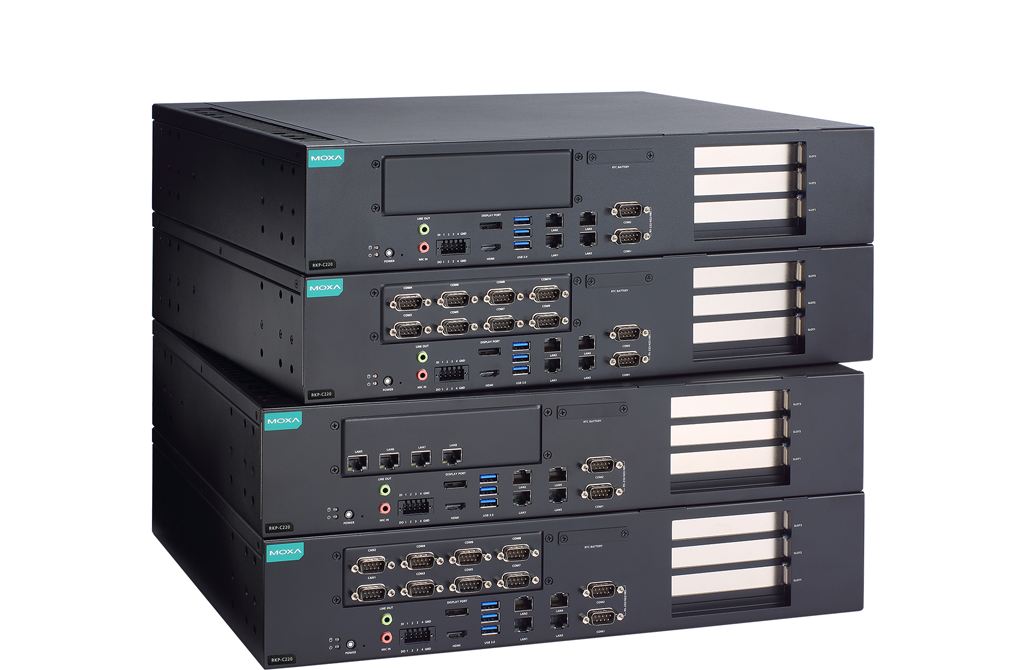
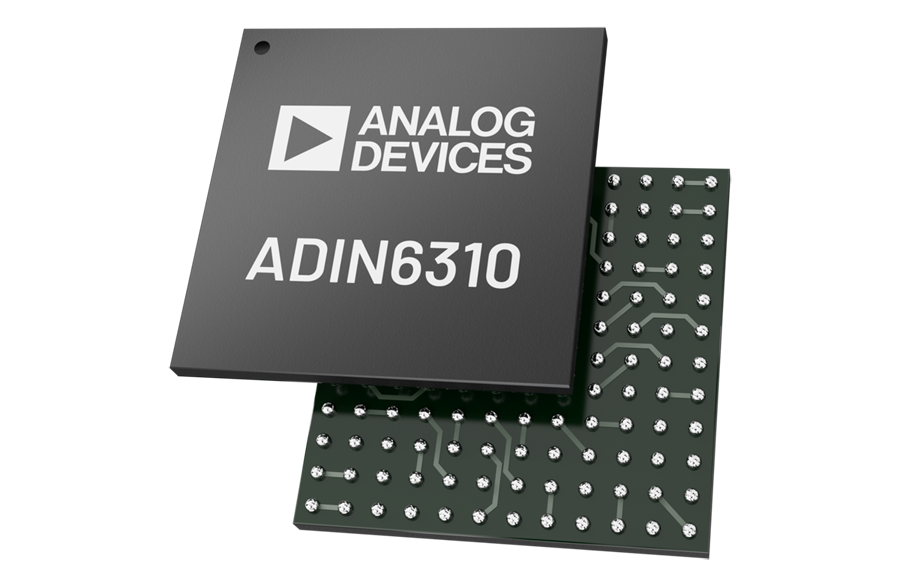


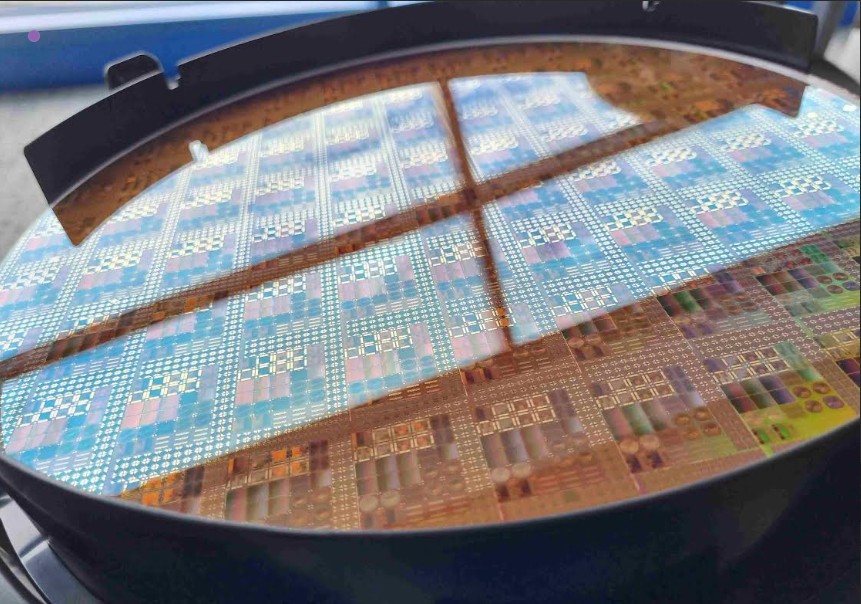
![[그래프] 국회의원 선거 결과 정당별 의석수 (19대-22대) 대한민국 국회의원 선거 결과(정당별 의석 수)](https://icnweb.kr/wp-content/uploads/2025/04/main-image-vote-flo-web-2-324x160.jpg)





